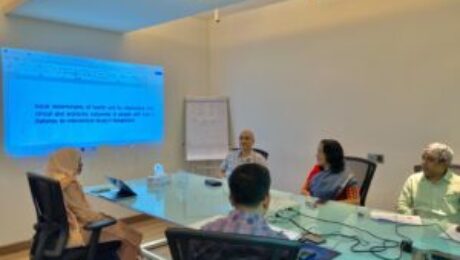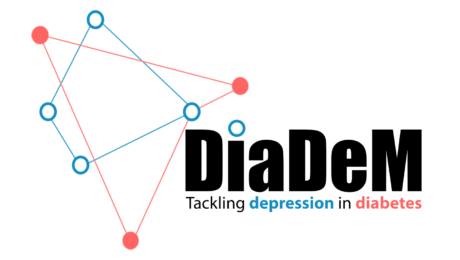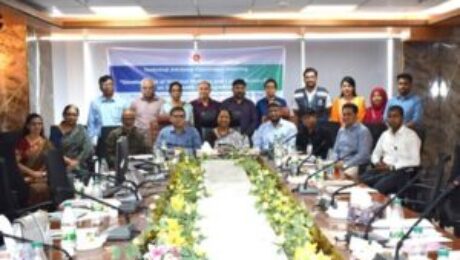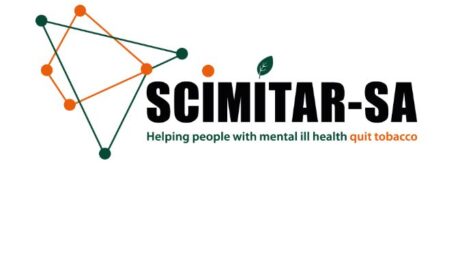This study will consist of ten in-depth country case studies examining how specific drowning prevention activities have been implemented. Using a document review and key informant interviews, we will analyze the implementation pathways for both drowning prevention interventions and cross cutting strategies, drawing on both implementation science and policy implementation theories to trace the implementation
- Published in Non-Communicable Disease, Our Work
No Comments
Social determinants of health and its relationship with clinical and economic outcomes in people with type 2 diabetes in Bangladesh Diabetic association of Bangladesh (BADAS) 2024-25 ARK Foundation, in partnership with Diabetic association of Bangladesh (BADAS) is implementing a research study to understand the social determinant of health (SDOH) and its relationship with clinical and
- Published in Non-Communicable Disease, Our Work
DiaDeM stands for “Developing and evaluating an adapted behavioural activation intervention for people with depression and diabetes.” Funded by the National Institute for Health and Care Research (NIHR), UK, this five-year initiative (September 2020 to March 2026) is being implemented in Bangladesh and Pakistan to address the growing burden of co-existing diabetes and depression. In
- Published in Non-Communicable Disease, Our Work
National Situation Analysis on Policy and Programmes Promoting Physical Activity in Bangladesh (SAT)
The main objective of this project was to identify the barriers and facilitators of physical activities to reach Global Action Plan on the prevention of NCDs in Bangladesh. The situation analysis also attempted to provide an overall view of the current scenario regarding the presence of physical activity as a standalone action area or as
- Published in Non-Communicable Disease, Our Work
Community-led Responsive and Effective Urban Health Systems (CHORUS) is a Research Programme Consortium that brings together health researchers from South Asia, West Africa, and the UK. CHORUS works with communities, health professionals and city level decision makers to strengthen the urban health system, especially for the urban poor. ARK Foundation is currently implementing three projects
- Published in Non-Communicable Disease, Our Work
People with severe mental illness (SMI) are at higher risk of obesity linked to medication side effects, poor diet, inactivity, and sleep issues which increases their vulnerability to non-communicable diseases like heart disease and diabetes. Globally, 25.9% of people with SMI are obese, with rising rates in low- and middle-income countries (LMICs), especially South Asia.
- Published in Non-Communicable Disease, Our Work
This National Oral Health Strategic Action Plan of Bangladesh 2025-2030 will guide the national response to Oral Health in Bangladesh over a period of five years. This follows the Action Plan for Oral Health in South-East Asia 2022-2030 and Global Strategy and Action Plan on Oral Health 2023-2030. This 2025-2030 strategy was designed by adopting
- Published in Non-Communicable Disease, Our Work
Mental disorders are a major contributor to the global disease burden, ranking among the top 10 causes of health loss. Individuals with Severe Mental Illness (SMI) (Schizophrenia, Schizoaffective disorder, Psychosis, Bipolar illness and Severe Depression with psychosis) are among the most vulnerable population groups facing health disparities, increased risk of physical multimorbidity, higher mortality, shorter life expectancy
- Published in Non-Communicable Disease, Our Work
The ARK Foundation conducts on-demand research and training in the areas of health, education, and social development. The ARK Foundation’s mission is to ensure sustainable development through research-based solutions, training and promotion in the areas of health, nutrition, population, education, gender, environment and human resource development. In collaboration with the ARK Foundation, the University of
- Published in Non-Communicable Disease, Our Work
The Tobacco Control Capacity Programme is a £3.4 million programme of training and research funded by Research Councils UK as part of the Global Challenges Research Fund. The overall aim of the programme is to improve research capacity in low- and middle-income countries (LMICs) to conduct high-quality studies that will generate evidence on how to
- Published in Non-Communicable Disease, Our Work
- 1
- 2









